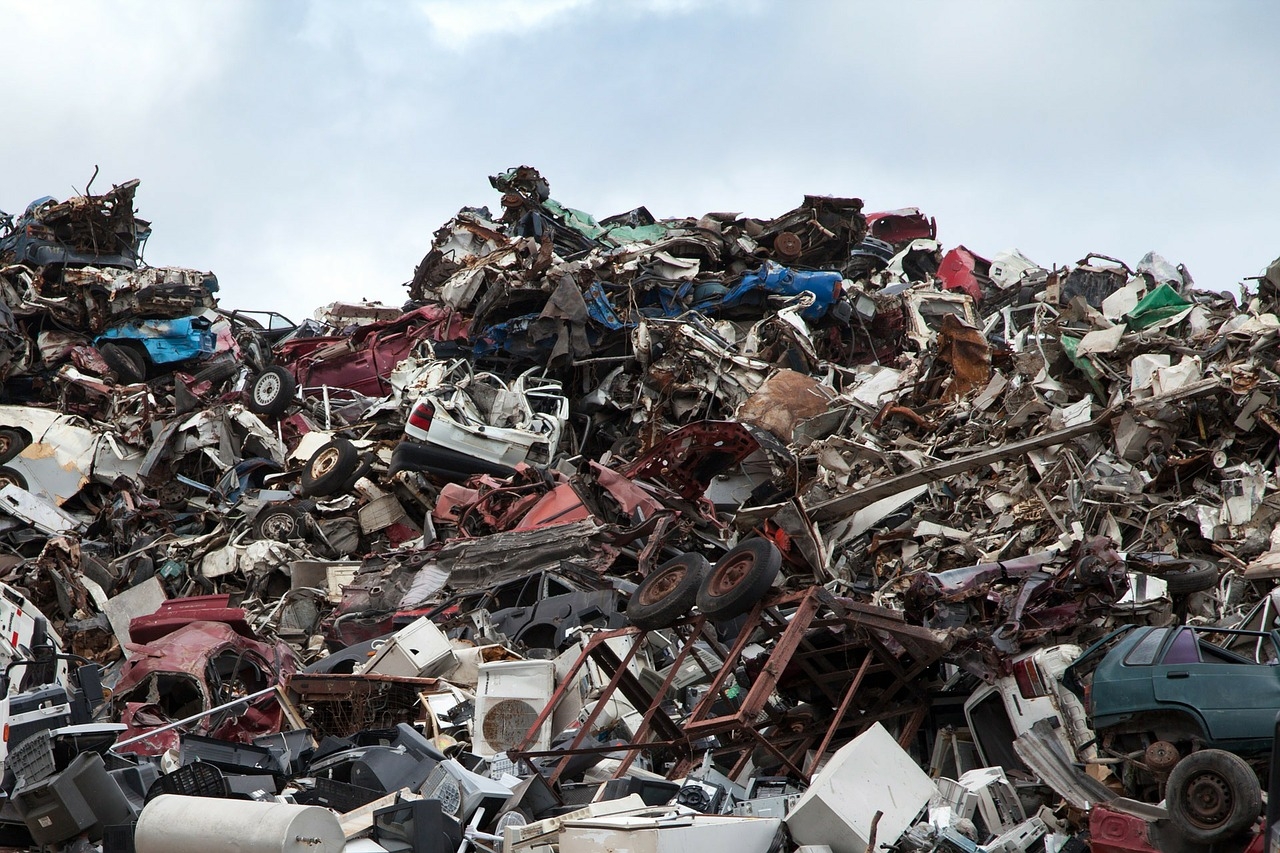
Report: City’s Waste Diversion Performance is Garbage
According to a recent press release from Ecology Ottawa and Waste Watch Ottawa, the Nation’s Capital is greatly lagging behind other major municipalities in the province when it comes to the amount of waste that we recycle and compost. Findings of their report “Improving the City of Ottawa’s Waste Diversion Performance: Recommendations for Action” will be released in a scheduled news conference this Friday morning at City Hall.
“Ottawa has one of the worst rates of recycling and organics waste diversion in Ontario,” the group states, citing shoddy performance of the city’s recycling and green bin programs as a prime example what needs to be fixed.
The not-for-profit grassroots group Ecology Ottawa stepped forward to show support for Waste Watch’s report due to the precedent the organization has already set when it comes to the contributions made to improving the city’s environmental sustainability. The City’s Trail Road landfill site remained a high point of contention with both groups expressing worry that the area’s waste capacity is being threatened unnecessarily.
“There appears to be little awareness that this poor program performance is resulting in more waste being disposed of at the City’s Trail Road landfill site than is either necessary or desirable,” their statement reads adding that it is equally concerning that City of Ottawa councilors seem oblivious to such issues because they have not been brought to their attention.
The report will also show that:
- Ottawa diverted only 42.5% of its waste in 2015 (with the provincial average resting at 47.7% and leading municipalities achieving rates of over 50%).
- A waste composition study suggests that only 50% of Ottawa residents are using their green bin and 25% of residents do not use the recycling program
- The City spends less per household on recycling and green bin promotion and education than all other large municipalities in
- Every 1% increase in the rate of waste diversion Ottawa would gain an extra 1 year of life expectancy for the Trail Road landfill
According to the evidence collected, an increase from the current waste diversion rate to 55% would extend the site’s life expectancy from the estimated closure date of 2045 to 2055. Ten extra percentage points would advance it even further with projections of a end-date being beyond 2065.
The landfill, they urge, could be better utilized “if the City’s waste diversion programs adopted best practices cited in the report and achieved levels of waste diversion from disposal comparable to other large municipalities in Ontario.”
Those wishing to learn more are invited to attend the news conference in City Hall’s Billings Room on Friday, September 15 at 10:30am.








